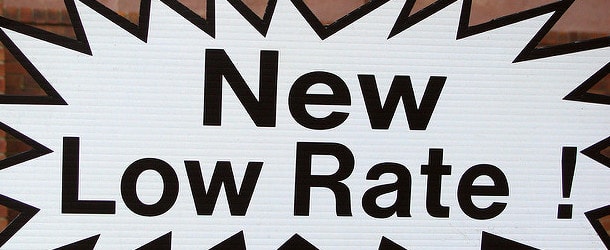You did it—you’re officially a homeowner! Maybe you toasted with a takeaway on the sitting room floor or popped open a Prosecco to celebrate. And why not? Buying a home is a considerable achievement.
Now, as the dust settles and the boxes start to disappear, it’s time to look ahead. Because owning a home isn’t only about paying the mortgage—it’s about managing everything else that comes with it.
From cosy evenings warmed by heating oil to creating a comfortable, well-furnished space (and occasionally replacing a faulty appliance), homeownership is a rewarding new chapter—but it also comes with ongoing responsibilities and unexpected expenses.
Let’s walk through what to expect so you can stay in control and enjoy every bit of your new home.
Hidden Costs of Homeownership (Beyond the Mortgage)
Here are some common (and sometimes surprising) expenses that come with managing your home day-to-day:
Ongoing Maintenance and Repairs
Things break. Paint fades. Gutters clog. Whether it’s a leaking tap or a fence that didn’t survive Storm Éowyn, there will always be something around the house that needs attention. That’s why it’s wise to have a dedicated emergency fund for home repairs.
Another thing to keep in mind is the difference between renting and owning when it comes to responsibility. If you were renting a furnished home and the fridge suddenly stopped working, you’d usually just ring the landlord and they’d take care of it. But when the house is yours, the responsibility—and the cost—falls entirely on you.
That’s why having an emergency fund is so important. It gives you the peace of mind to deal with unexpected issues like appliance breakdowns, gas or oil top-ups, or even your annual waste collection fees, without throwing your finances off track.
Some issues will catch you off guard, but others can be anticipated and budgeted for. For example, if you know the exterior of your house is due for a fresh coat of paint, take time to price materials and services so you’re financially ready when the time comes.
Towards the end of the year, many hardware shops reduce excess stock. Watch for discounts on paint and tools, and don’t hesitate to ask in-store about any unadvertised deals.
Utilities
Your monthly utility bills can vary quite a bit depending on where you live, your household’s needs, and the energy efficiency of your home. Core expenses often include electricity, gas or oil for heating, and waste collection services.
But don’t forget the extras that come with running a home—Wi-Fi, a TV licence, and possibly an alarm monitoring service. These recurring costs can add up quickly, so it’s a good idea to list them all and include them in your monthly budget. Being aware of them from the start makes it easier to stay on top of your household finances.
Furniture & Appliances
That big comfy couch won’t buy itself. And if you didn’t budget for furnishing your home, you might be shocked at how much beds, curtains, rugs, or even light fittings cost way more than you’d expect.
Plus, appliances don’t last forever. Washing machines, fridges, or dishwashers can give up after a few years. And replacements aren’t cheap. Worst of all, they always seem to break down right when money’s tight. That’s why having a little emergency fund can be a real lifesaver.
Consider building a “Home Fund” to help cover replacements and upgrades over time.
Outdoor & Seasonal Costs
Planning to enjoy your garden this summer? Just like the inside of your home, your outdoor space can come with its own set of expenses. Think about patio furniture, lawn equipment or the cost of hiring a gardener, a BBQ setup, or even toys and outdoor play gear for the kids.
Also, outdoor lighting and electric heaters can bump up your electricity bill during longer evenings spent outside. These might seem like small extras, but they can quickly add up if you’re not prepared.
Want to make the most of the season without overspending? Check out our article: 10 Financial Mistakes to Avoid Before the Summer Holidays.
Additionally, don’t forget to budget for the Christmas season—it can be a major source of stress for many households. Between gifts, food, travel, and festive extras, the costs can quickly add up. A survey by the Competition and Consumer Protection Commission (CCPC) found that 14% of people expected to spend over €2,000 Christmas, which shows just how financially demanding the season can be. Planning ahead and setting a realistic budget now can help you avoid the January money hangover.
Publisher: Source link











